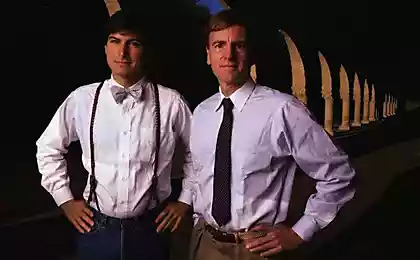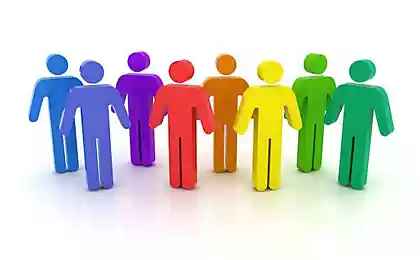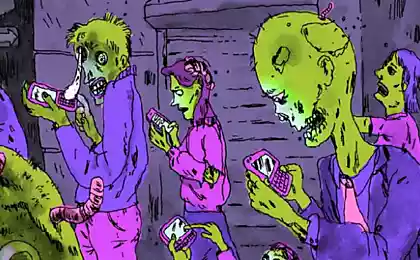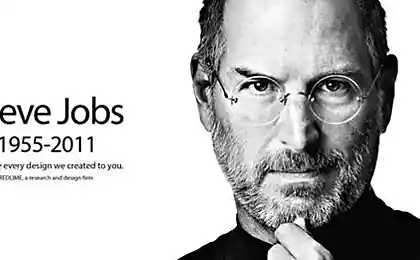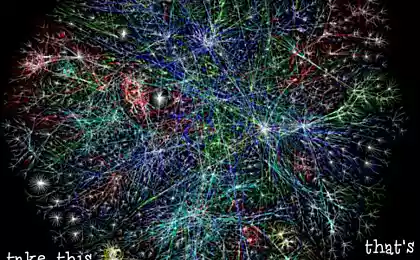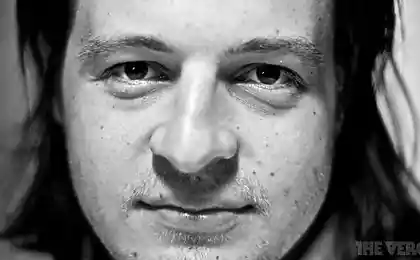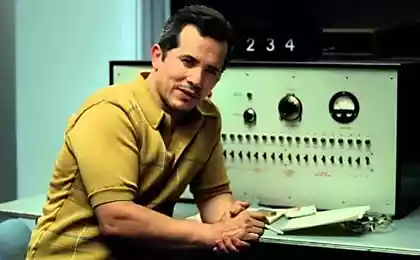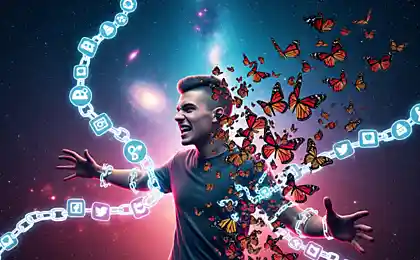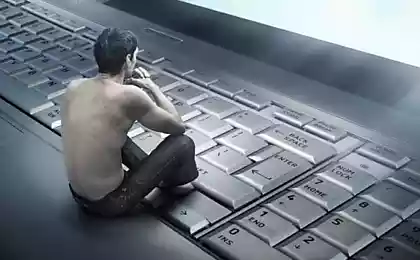694
Steve Pavlina: an impressive experiment — 30 days without social networks
Recently our usual live chat quietly on the fringes of Internet communication. People are searching for their colleagues, relatives and former classmates in social networks, make new friends, post their pictures and videos, communicate.
In General, at first glance, nothing wrong with that, but still one of the most famous today bloggers Steve Pavlina has a different opinion. He recently conducted an experiment on myself: for a whole month refused any social networks at the end of the experiment, he came to very interesting conclusions.
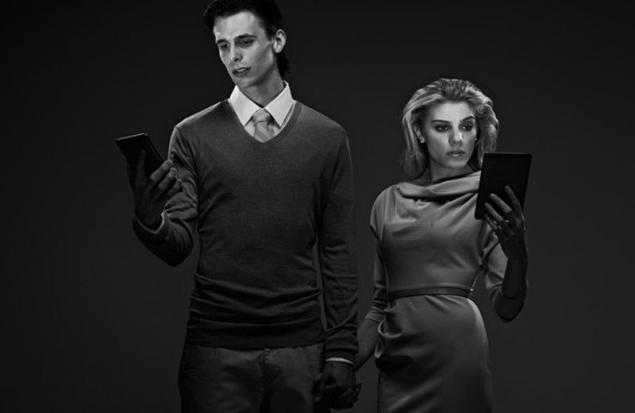
image theatlantic.com
Social networking consists of background noise
After parting with my 8000 friends on Facebook, Steve initially found that the volume of communication in life is significantly decreased. But he, interestingly, did not feel the reduction of the flow of meaningful target information. What he refused was just more unnecessary noise.
Because, you see, the majority of social media posts mundane, short and trivial. Only a small part (maximum 10%) is really wise and witty thoughts, or vital information. That is, communication in social networks gives mostly only the feeling of importance and significance, in fact it's just generating useless noise.
The desire to share any kind of information overshadows the importance of the event
Most people, especially teenagers, when their life is something important, or just interesting, photograph it and then post on your page, by sharing this with everyone. So gradually, this priority might shift in the wrong direction, when the value and importance of the event is much lower than its evaluation by the network community. And in fact must be alive the desire to "be here now", to participate fully in those events that occur in reality. Yes, after a whole month without Facebook, Steve Peacock never lost the desire to share any event with your family and friends, but it became more thoughtful, deliberate, not impulsive.
Friends become part of the community and lose their individuality
Usually most of the messages in social networks, not counting, of course, personal correspondence, people address someone individually, and the community as a whole. Even posting something on my wall or friend's wall, we do not address him specifically.
This information is intended for all present. And, surprisingly, the more friends you have on social media, the more they turn into a huge group, and the individuality of each of them is erased. And as Steve said during his experiment, he did not feel the loss of all his friends, he noticed a lack of community.
Social networks create a false need for communication
Made by method of communication divided into introverts and extroverts. So if you feel charged with energy alone, then do you feel about introverts, conversely, if the draw, being in the company of friends, then an extrovert. Active communication in social networks, as it may seem at first glance, plays the role of energy as an extrovert.
But really – it's about filling a hunger of communication still remains. Surprisingly, when Steve ceased communication in Facebook, he began to feel more socially active. When Steve Pavlina went from home to work, he greatly enjoyed a joke or have a word with others. And, returning home, felt finally "satiety" from social interaction.
He lives with his parents and rides the bus: how society imposes the standards of men12 ways to get EVERYTHING you want
This feeling is not the Internet, moreover, for a long time sitting in the Classmates or contacts, thanks to the false sense of social activity on the contrary beats off any desire to communicate with people live. So you need to respect and appreciate real friends, which may be a hundred or a thousand, as in social networks, and two or three, but they will be able to give you much more than all of your friends from the Internet together. published
Source: selfgrowth.ru/lifehack/2016/06/30-dney-bez-sotssetey/
In General, at first glance, nothing wrong with that, but still one of the most famous today bloggers Steve Pavlina has a different opinion. He recently conducted an experiment on myself: for a whole month refused any social networks at the end of the experiment, he came to very interesting conclusions.

image theatlantic.com
Social networking consists of background noise
After parting with my 8000 friends on Facebook, Steve initially found that the volume of communication in life is significantly decreased. But he, interestingly, did not feel the reduction of the flow of meaningful target information. What he refused was just more unnecessary noise.
Because, you see, the majority of social media posts mundane, short and trivial. Only a small part (maximum 10%) is really wise and witty thoughts, or vital information. That is, communication in social networks gives mostly only the feeling of importance and significance, in fact it's just generating useless noise.
The desire to share any kind of information overshadows the importance of the event
Most people, especially teenagers, when their life is something important, or just interesting, photograph it and then post on your page, by sharing this with everyone. So gradually, this priority might shift in the wrong direction, when the value and importance of the event is much lower than its evaluation by the network community. And in fact must be alive the desire to "be here now", to participate fully in those events that occur in reality. Yes, after a whole month without Facebook, Steve Peacock never lost the desire to share any event with your family and friends, but it became more thoughtful, deliberate, not impulsive.
Friends become part of the community and lose their individuality
Usually most of the messages in social networks, not counting, of course, personal correspondence, people address someone individually, and the community as a whole. Even posting something on my wall or friend's wall, we do not address him specifically.
This information is intended for all present. And, surprisingly, the more friends you have on social media, the more they turn into a huge group, and the individuality of each of them is erased. And as Steve said during his experiment, he did not feel the loss of all his friends, he noticed a lack of community.
Social networks create a false need for communication
Made by method of communication divided into introverts and extroverts. So if you feel charged with energy alone, then do you feel about introverts, conversely, if the draw, being in the company of friends, then an extrovert. Active communication in social networks, as it may seem at first glance, plays the role of energy as an extrovert.
But really – it's about filling a hunger of communication still remains. Surprisingly, when Steve ceased communication in Facebook, he began to feel more socially active. When Steve Pavlina went from home to work, he greatly enjoyed a joke or have a word with others. And, returning home, felt finally "satiety" from social interaction.
He lives with his parents and rides the bus: how society imposes the standards of men12 ways to get EVERYTHING you want
This feeling is not the Internet, moreover, for a long time sitting in the Classmates or contacts, thanks to the false sense of social activity on the contrary beats off any desire to communicate with people live. So you need to respect and appreciate real friends, which may be a hundred or a thousand, as in social networks, and two or three, but they will be able to give you much more than all of your friends from the Internet together. published
Source: selfgrowth.ru/lifehack/2016/06/30-dney-bez-sotssetey/
